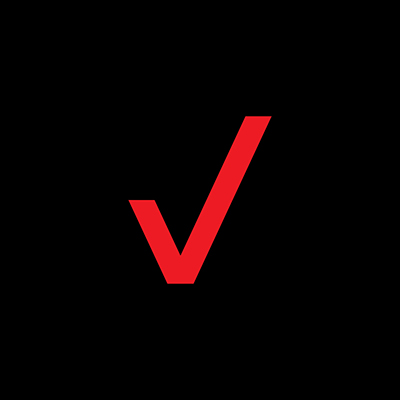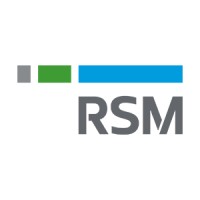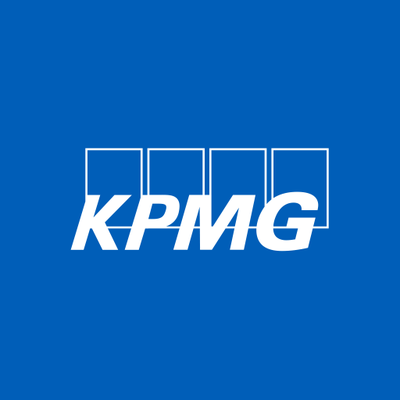In my list of Top Questions Received From Students is, “Do I really have to write a cover letter for this internship?” This is kind of like asking, “Do I really need to meet the stretch goal at work?” or “Do I really need to put in the effort to get an A?”
The answer is, unless it’s specifically requested, no, you don’t have to include a cover letter with your application. But why wouldn’t you?! Unless the position posting specifically states that no materials in addition to a resume should be submitted, a well-written cover will never hurt your chances of scoring the interview and can only help. Worst case scenario, the potential employer skips over the cover letter. Best case scenario, they read it, are impressed that you went above and beyond and are blown away by the content and construction of your cover letter.
A cover letter is not only a great way to communicate substantive information about your qualifications but is a great way to show off your written communication skills and give a glimpse of your personality, which is very difficult to do in your very boiled down, technically written resume. It also provides a unique opportunity to allow you to show that you’re a great fit for the position and company beyond the skills and abilities you’ve gained from your past experiences that are included on your resume.
Customize or You’re Missing Out!
Part of the magic of a cover letter is that it gives you the opportunity to make the case that you’re the best candidate for a specific position at a specific company. If your cover letter isn’t tailored with information pulled from the position description and from your research about the company, you’re missing out on a huge opportunity to make an impact! If your cover letter includes a paragraph talking about the managerial skills you learned as a shift supervisor at your last job, but you’re applying for an entry level position with no supervisory responsibilities, you’ve lost an opportunity to communicate something specific to the position for which you’re applying. Position descriptions are like answer keys to tests, the potential employer is telling you the profile of the person they want to hire, so be sure you communicate how you fit that profile! Beyond being qualified for the job, the cover letter is also an opportunity for you to draw connections between the company and yourself. For example, if you are the President of the Sustainability Club on your campus and you see that the company to which you’re applying has a stated commitment to sustainability on their website, you’ve found an opportunity to show that you’re a great fit for not only the job, but the company culture.
Read Between the Lines
Don’t forget that your cover letter is not only a way for you to highlight your skills and accomplishments, but it is also a sample of your written communication skills. Unlike your resume, your cover letter will have complete sentences that need to flow smoothly and you’ll need to connect thoughts cohesively. Dashing off a cover letter without first giving it a thorough proofreading and editing session or neglecting to get the feedback of a trusted advisor on it can land your application in the “thanks, but no thanks” pile. You might think, “then I should be safe and just not write one unless it’s specifically asked for.” Instead, think of your cover letter as a way to show off your excellent written communication skills, something that not all candidates will take advantage of the opportunity to do!
Think About the Entire Package
It may seem like a small thing, but aesthetics can matter in the highly competitive world of internships. Once you’ve landed on a header for your resume that includes your full contact information, use that same header on your cover letter. Use Arial for your resume? Use Arial for your cover letter as well. Also consider this same advice for your references and any other document you create as part of your application materials. It makes for a very cohesive and professional set of documents.
End on an Action Note
You’ve wowed and amazed throughout your cover letter. You’ve done an excellent job linking both your skills and abilities to the needs of the position and yourself to the company. Now it’s time wrap things up–what do you do? End with both a request for an interview and a time-specific commitment to follow up. For example, “I am very interested in the marketing internship at ABC Company and would welcome the opportunity to interview to further discuss the opportunity. I will follow up in a week to check on the status of the search to fill this position and my application.” Then be sure to follow up as you promised if you haven’t heard anything.
Zach Osborne is the Director of Internships at Menlo College in Atherton, Calif. In his career to date he has worked both in higher education and industry. His higher education work has allowed him to work with a variety of programs including co-op and internships in both optional and mandatory environments.






